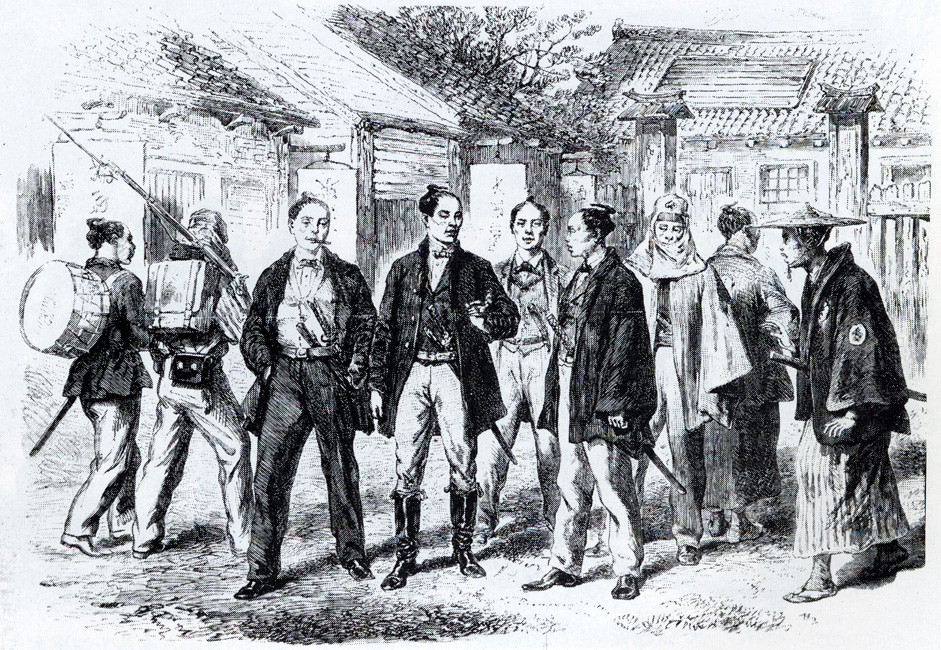
The death of a teenage Syrian photographer freelancing for Reuters raises controversy about the news agency’s practice of hiring locals to cover the Syrian conflict, and recalls some news organizations’ recent decision to stop accepting photos from independent freelancers in Syria out of safety concerns.
The enemy of my enemy is my … something: European intelligence agencies secretly met with the Assad regime to share information on some 1,200 European Islamist fighters operating in Syria, the Wall Street Journal reports.
Fighters from the al-Qaeda-linked ISIS organization reportedly executed dozens of rival Islamist fighters in northern Syria as ISIS faces a popular backlash and strategic setbacks in Syria and Iraq, with a Syrian rebel coalition “rapidly sweeping ISIS from strongholds across a swathe of northern Syria.” Facing a major offensive by the Iraqi Army (but not a direct military assault on Fallujah), ISIS-linked fighters destroyed two Iraqi tanks in a suicide attack near the city (via Daveed Gartenstein-Ross).
Iraqi Prime Minister Nuri al-Maliki — whose government is overwhelmingly made up of the country’s Shiite Muslim majority — is reportedly reviving Sunni militias to fight militants. Dan Murphy revisits the myth of Iraq’s squandered stability.
In the Central African Republic, the forced resignation of President Michel Djotodia was followed by further violence, though clashes in the country appear to have lessened in recent days. The UN Office for the Coordination of Humanitarian Affairs described the country as in “mega-crisis,” and former US Secretary of State Madeleine Albright defends UN Ambassador Samantha Power’s message that the US should strive to halt the violence.
Thousands have been displaced by fighting in South Sudan. Princeton N. Lyman, Jon Temin, and Susan Stigant examine possibilities for reform and post-conflict reconstruction in the country (via Laura Seay).
The Mexican government has deployed troops to the western state of Michoacán in a bid to stop violent clashes between drug cartels and self-defense militias. Autodefensa members reject the government’s order to disarm and see themselves in a bind: “If we give up our weapons without any of the drug cartel leaders having been detained, we are putting our families in danger because they will come and kill everyone, including the dogs,” says one.







0 comments